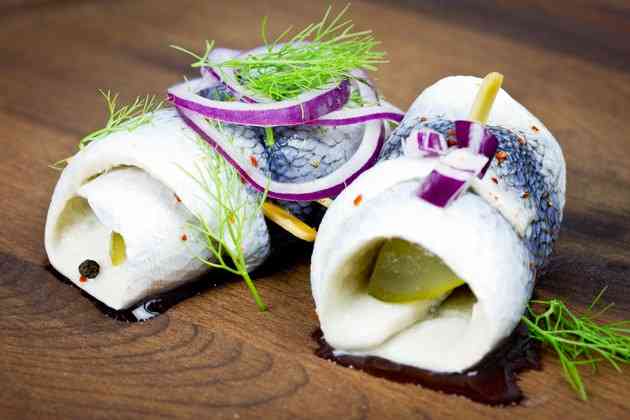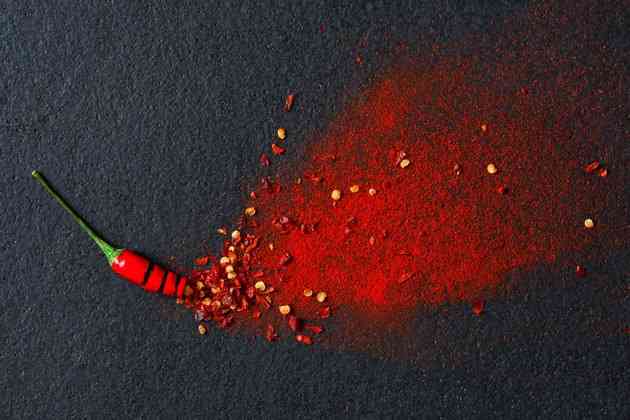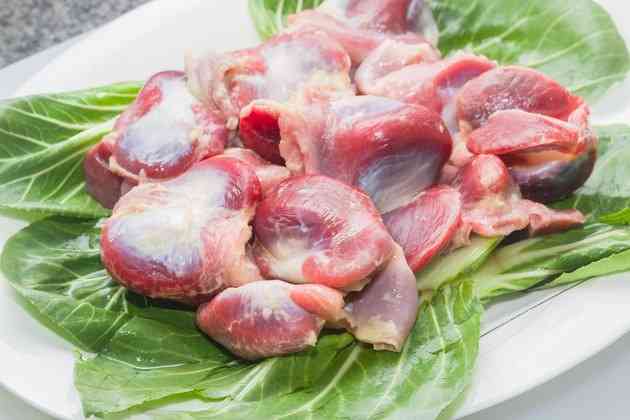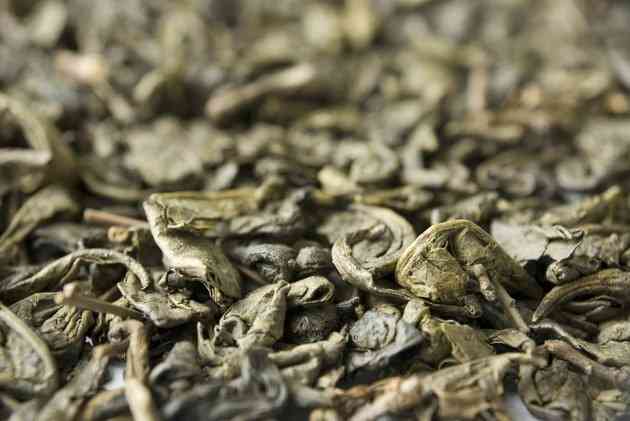The Health Benefits of Guava Leaf Tea

When you think of guava trees (Psidium guajava), its flavorful fruit probably comes to mind. But the young leaves of the guava tree can be brewed to make a tea that's been part of traditional medicine for centuries in Mexico and parts of South America. A large evergreen shrub or small tree native to tropical regions, guava leaves contain natural compounds that modern science recognizes for several potentially significant health benefits.
 Two glasses of tea being poured. (Image: View Stock/View Stock/Getty Images)
Two glasses of tea being poured. (Image: View Stock/View Stock/Getty Images)Intestinal Benefits
Guava leaves contain natural phytochemicals, including several antioxidants called carotenoids and anthocyanins, and others called flavonoids. Some of its compounds may have natural antibiotic activity that helps kill pathogens responsible for diarrhea, according to laboratory research published in 2008 in "Revista Do Instituto de Medicina Tropical de Sao Paulo," a Spanish-language publication. The authors found that extracts of guava leaves effectively killed types of bacteria that can cause infectious diarrhea. Several small clinical studies support this benefit of guava leaves, including one published in 2000 in the "Chinese Journal of Integrated Traditional and Western Medicine" in which human subjects given guava leaf extract recovered more quickly from infectious diarrhea than those not given the extract, but larger trials are still needed to confirm this benefit.
Cardiovascular Effects
Guava leaf tea may also benefit your heart and circulatory system, according to laboratory research and a few small clinical studies. Compounds in the leaves may help reduce blood pressure and heart rate, according to a laboratory study published in 2005 in "Methods and Findings in Experimental and Clinical Pharmacology" which found that laboratory animals with high blood pressure fed guava leaf extract had reduced blood pressure and heart rates, compared to a control group. Drinking guava leaf tea might also improve blood lipids, according to several small clinical studies reviewed in a 2010 paper in "Nutrition and Metabolism" that found guava leaf extracts may help lower blood cholesterol and unhealthy triglycerides in human subjects, although larger trials are still needed to confirm this.
Anti-Diabetic Properties
Some of the flavonoids and other compounds in guava leaves may help keep your blood sugar low after you eat a high-carbohydrate meal. The review in "Nutrition and Metabolism" summarizes laboratory findings from several studies indicating that guava leaf tea inhibits several different enzymes that convert carbohydrate in the digestive tract into glucose, potentially slowing its uptake into your blood. It also reports on several clinical trials conducted in Japan that support guava tea's possible anti-diabetic action, showing that drinking the tea regularly helped lower after-eating blood glucose in subjects with Type 2 diabetes, compared to similar subjects who didn't consume the tea.
Tea Preparation
Dried guava leaves, either loose or in teabags, and guava leaf tincture are available at health-food stores, or you might find fresh guava leaves at a specialty food store. You can make guava leaf tea by steeping leaves in hot water for five or 10 minutes, or you can add about 2 teaspoons of tincture to hot water. Guava leaf tea is considered safe and without significant side effects, although it might cause constipation in some people, and its safety hasn't been established during pregnancy or breast-feeding. The tea might also interact with diabetes or anti-diarrhea medications. Talk to your doctor about guava leaf tea to decide if it might be helpful for you.




